Floating Ball Valves
Floating Ball Valves Specification
- Connection
- Flanged
- Pressure
- PN16, PN25, PN40, Class 150/300
- Structure
- Floating Ball
- Channels
- Double
- Caliber
- Full Bore
- Material
- Carbon Steel / Stainless Steel
- Power
- Manual
- Media
- Water, Oil, Gas
- Port Size
- 1/2 to 8
- Flange
- ANSI, DIN, JIS Standard
- Finish
- Polished
- Application
- Industrial Pipe Systems, Petrochemical, Food & Beverage, Water Treatment
Floating Ball Valves Trade Information
- Minimum Order Quantity
- 1 Unit
- Delivery Time
- 16 Week
About Floating Ball Valves
Floating Ball Valves Features:
- Anti-corrosive surface finish
- Dimensional accuracy
- Simple to fit
- Excellent flow regulation
Floating Ball Valves Technical Details:
| Pressure Rating | Class #150, #300, #600 |
| Sizes | 2" to 24" - 1/2" to 24" |
| Mfg Standards | API 6D / ISO 17292 / ASME B16.34 |
| Testing Standards | API 598 / API-6D |
| End Details | ASME B165 / ASME B1625 |
| Fire Safe | API 607 / API 6FA |
| End com | connector, Flanged - spection |
Precision Engineering for Versatile Use
Floating Ball Valves are designed for high-performance in industrial pipe systems, offering compatibility with a wide range of fluids like water, oil, and gas. Their robust carbon steel and stainless steel construction ensures resilience against harsh conditions, while polished finishes improve longevity and ease of operation.
Global Standards and Adaptability
With standardized flanged connections (ANSI, DIN, JIS) and availability as exporters, importers, and manufacturers in India, these valves integrate seamlessly into diverse systems worldwide. The full bore design promotes unobstructed flow, enhancing system efficiency and reducing pressure losses.
Secure and Reliable Shutoff
Equipped with manual controls and a floating ball structure, these valves provide dependable shutoff or flow regulation. Their application spans petrochemical industries, food and beverage processing, and advanced water treatment, ensuring system safety and integrity under varied pressure ratings.
FAQs of Floating Ball Valves:
Q: How does a floating ball valve function within industrial pipe systems?
A: A floating ball valve uses a movable (floating) ball supported by two seats, allowing it to press against the downstream seat under media pressure, establishing a tight seal and enabling reliable shutoff or flow control. Manual operation facilitates precise adjustment and maintenance within industrial pipelines.Q: What materials are used to manufacture the floating ball valves, and why are they important?
A: Our valves are manufactured from carbon steel and stainless steel. These materials are selected for their excellent mechanical strength, corrosion resistance, and suitability for water, oil, and gas media, thus ensuring a long service life even in demanding industrial applications.Q: When should these floating ball valves be used in applications?
A: These valves are best employed when precise on/off control or regulation of water, oil, or gas flow is required in pipe systems. They are ideal in applications with varied pressures (up to PN40 and Class 150/300) such as petrochemical, water treatment, and food processing industries.Q: Where are these valves manufactured and supplied from?
A: We manufacture and supply these floating ball valves in India, serving as a trusted exporter, importer, and supplier to clients in the domestic and international markets. Our adherence to global flange standards ensures seamless integration with existing pipelines worldwide.Q: What is the process of installing a flanged floating ball valve?
A: Installing a flanged floating ball valve involves aligning the flanges of the valve with those on the pipeline, securing them with appropriate bolts, and ensuring gaskets are in place for a tight seal. The double channel structure aids efficient installation and reliable operation.Q: How can these valves benefit industrial operations?
A: These floating ball valves deliver reliable shutoff, full-bore fluid passage for minimal pressure drop, and easy manual control, enhancing operational safety and system efficiency. Their durability and compatibility with international standards make them a highly beneficial choice for industrial applications.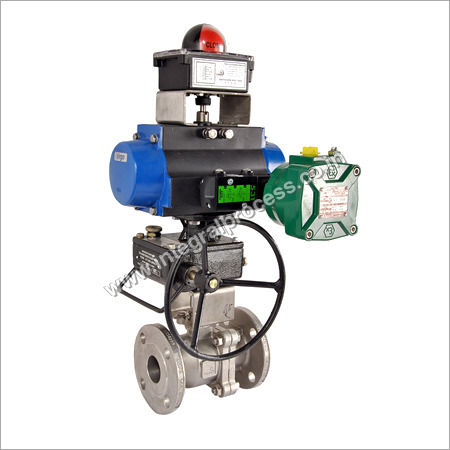

Price:
- 50
- 100
- 200
- 250
- 500
- 1000+
More Products in Ball Valves Category
Automated On-Off Ball Valve
Price 7500 / Unit
Minimum Order Quantity : 1 Unit
Material : Stainless Steel
Media : Other, Water, Oil, Gas
Flange : ANSI / DIN Standard
Connection : Flanged / Screwed
Multi Port Ball Valve
Price 10000 INR
Minimum Order Quantity : 1 Piece
Material : Stainless Steel
Media : Other, Water, Oil, Gas, Chemicals
Flange : ANSI / DIN / JIS Standard
Connection : Flanged / Screwed / Socket Weld
Automated Lined Ball Valve
Price 10000 INR
Minimum Order Quantity : 1 Piece
Material : Other, PTFE / FEP / PFA Lined Cast Iron, Stainless Steel
Media : Other, Corrosive Fluids, Chemicals
Flange : ANSI / DIN / JIS standard
Connection : Flanged
 Send Inquiry
Send Inquiry
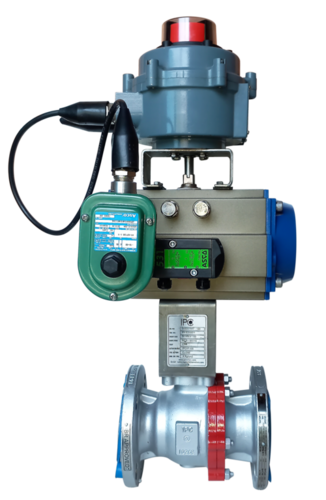
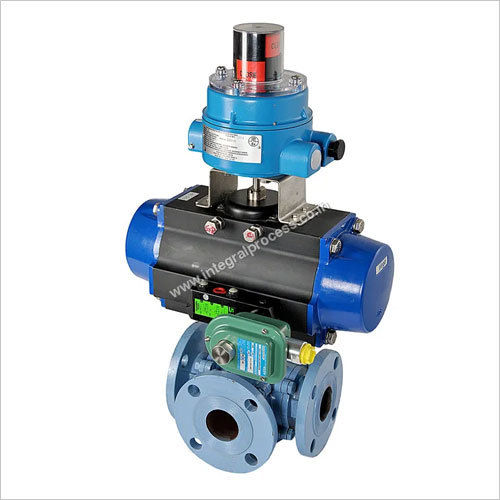
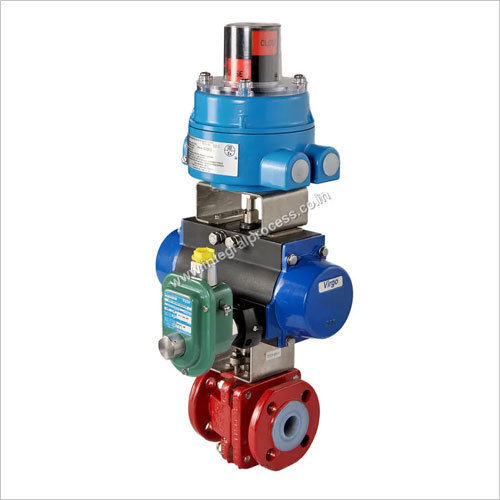
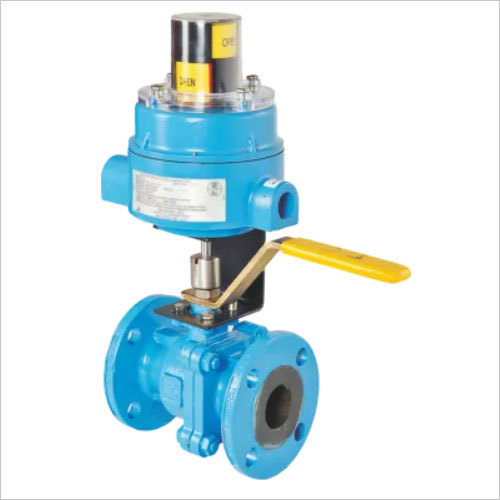


 Send Inquiry
Send Inquiry Send SMS
Send SMS